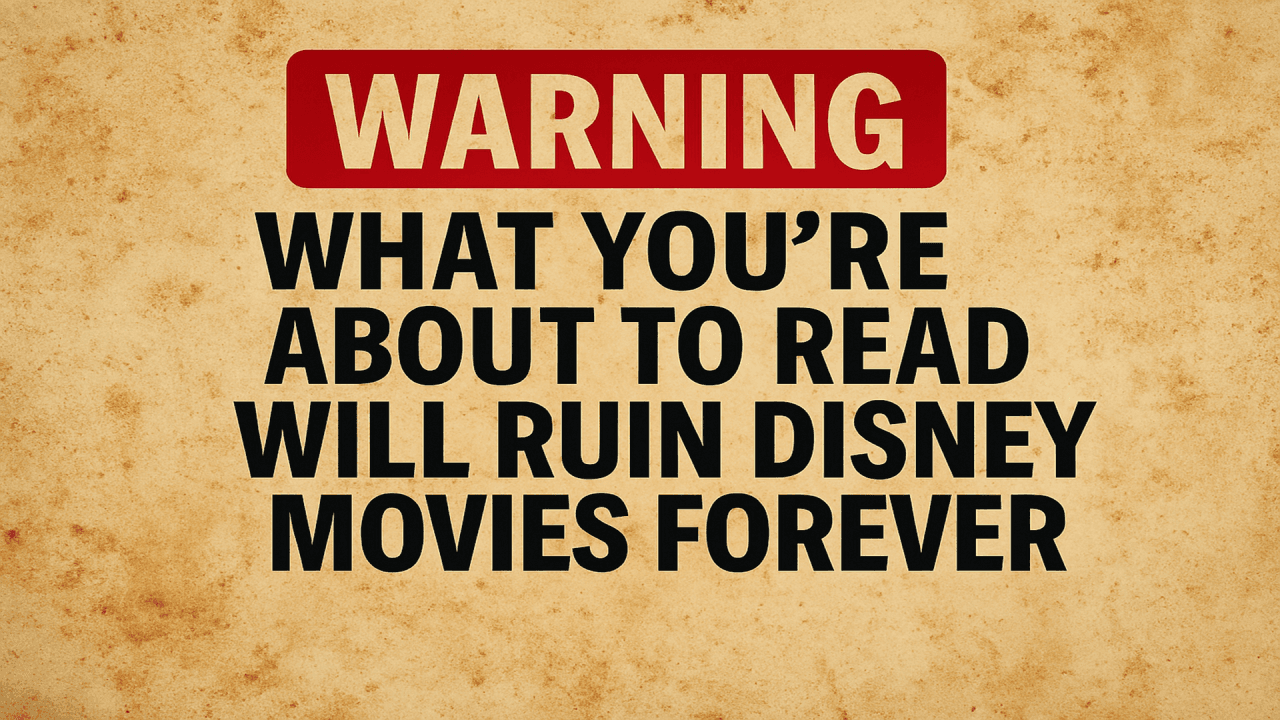Picture this: A chain-smoking, whiskey-soaked postal worker sits at his typewriter at 3 AM, blood trickling from a fresh bar fight, and decides to write love poetry.
The result? The most brutally honest book about relationships ever published.
The Book That Made Publishers Run Screaming
In 1977, Charles Bukowski dropped "Love Is a Dog from Hell" like a literary bomb. Publishers initially refused to touch it. Critics called it "disgusting." Bookstores hid it behind counters.
Today, it's sold over a million copies.
What changed? People got tired of being lied to about love.
Why Your Favorite Love Songs Are Complete BS
Here's what nobody tells you about romance:
The pretty stuff is fake.
While other poets were writing about moonlit walks and eternal devotion, Bukowski was documenting the real battlefield of human relationships:
- 2 AM fights over dirty dishes that reveal deeper wounds
- The awkward morning after when fantasy meets reality
- How desperation makes us accept terrible treatment
- Why we keep returning to people who destroy us
Plot twist: His "ugly" truth is more beautiful than any greeting card verse.
The $2 Bar Tab That Changed Literature Forever
The most famous poem in the collection was written on a napkin during a particularly nasty breakup. Bukowski was drinking alone (again) when inspiration struck.
That napkin became "Love Is a Dog from Hell"—the title poem that launched a literary revolution.
The kicker? He almost threw it away.
What Happens When You Strip Away Every Romantic Lie
Bukowski didn't write about love—he performed an autopsy on it:
Traditional love poetry says: "You complete me." Bukowski says: "We're both broken, and that's okay."
Traditional love poetry says: "Love conquers all." Bukowski says: "Love usually loses, but we fight anyway."
Traditional love poetry says: "You're perfect." Bukowski says: "You're a mess, I'm a mess, let's be messes together."
The Shocking Truth About His Love Life
Behind the poems was a man who experienced every form of romantic disaster:
- Abandoned by his first love during WWII
- A disastrous first marriage that ended in mutual destruction
- Years of one-night stands that left him emptier each time
- A passionate affair with sculptor Linda King that nearly killed them both
Each heartbreak became raw material for poetry gold.
Why Women Love a Poet Who "Hates" Romance
Here's the paradox that drives literary scholars crazy:
Bukowski's "anti-romantic" poetry is actually the most romantic thing ever written.
How?
By refusing to lie about love's difficulties, he honors the courage it takes to love anyway. By showing his own failures, he makes readers feel less alone in theirs.
Women don't want perfect love stories—they want honest ones.
The 3 AM Test Every Relationship Should Pass
Bukowski accidentally created the ultimate relationship litmus test:
Can you read his poems to your partner without flinching?
If you can handle lines like "love is a dog from hell" together, you might actually have something real.
If not? You're probably living in a fantasy that's doomed to crash.
What Critics Got Dead Wrong (And Why It Matters Today)
Early reviewers dismissed Bukowski as a "crude drunk" who "didn't understand real love."
They missed the point entirely.
In our Instagram-perfect world of relationship goals and couple selfies, Bukowski's honesty feels revolutionary. He was writing about toxic relationships before we had the term. He understood emotional manipulation before we called it that.
He was 50 years ahead of his time.
The Line That Changes Everything
Buried in the middle of the collection is this devastating truth:
"We are all alone, born alone, die alone, and—in spite of True Romance magazines—we shall all someday look back on our lives and see that, in spite of our company, we were alone the whole way."
But here's the twist: This isn't depressing—it's liberating.
Once you accept that fundamental aloneness, every moment of genuine connection becomes miraculous.
Why Your Therapist Should Prescribe This Book
Modern relationship advice tells us to "work on ourselves" and "communicate better." Bukowski offers something more radical:
Accept that love is messy, people are flawed, and that's exactly what makes it worth fighting for.
His poems don't offer solutions—they offer solidarity in the beautiful disaster of human connection.
The Million-Dollar Question
After reading "Love Is a Dog from Hell," you'll face a choice:
Return to comforting lies about perfect love, or embrace the terrifying, exhilarating truth that real love is earned in the trenches of daily disappointment and stubborn hope.
Most people choose the lies.
The brave ones choose Bukowski.
Your Next Move
If you've never read poetry that made you question everything you thought you knew about love, "Love Is a Dog from Hell" is waiting for you.
Fair warning: Once you see love through Bukowski's eyes, you can't unsee it.
Your relationship will either get stronger or fall apart.
Either way, you'll finally be living in reality.
Ready to have your romantic worldview demolished and rebuilt? Start with "Love Is a Dog from Hell." Your future self will thank you—even if your current self hates what you discover.
P.S. Still think love should be pretty? Keep reading greeting cards. Ready for the truth? Bukowski's waiting.

